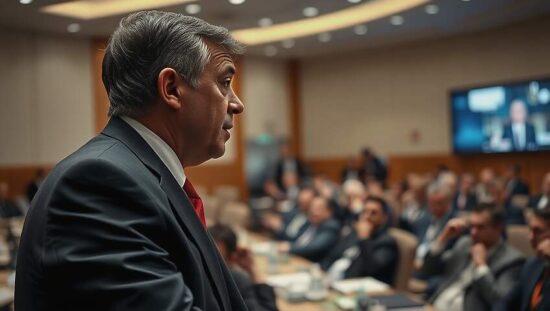Brazilian President Luiz Inácio Lula da Silva has issued a stark warning to wealthy nations ahead of the upcoming UN Climate Conference, demanding they honor long-standing financial commitments and confront their historical responsibility for the climate crisis. In a compelling opinion piece published in the Frankfurter Allgemeine Zeitung, Lula underscored the urgency of the situation, framing the conference, to be hosted in Belém next week, as a critical juncture for global climate action.
Lula’s intervention directly challenges emerging trends of retrenchment among industrialized nations, notably highlighted by the United States’ decision to conspicuously withhold a delegation from the conference. He emphasizes that the principle of “common but differentiated responsibilities” remains the non-negotiable foundation for any meaningful climate accord.
The Brazilian leader vehemently rejects the framing of climate financing as charitable acts, instead insisting upon it as a matter of justice. He argues that affluent countries have disproportionately benefited from carbon-intensive economic models and are now obligated to address the consequences of that legacy. Lula’s call explicitly demands not only the reiteration of pledges, but also the fulfillment of existing financial obligations – a clear reference to the unmet $100 billion per year commitment promised by developed nations years ago.
Beyond renewed demands for financial contributions, Lula has announced his intention to champion the establishment of a UN Climate Council directly linked to the General Assembly. This proposed body, he suggests, would possess the authority and legitimacy required to enforce compliance and overcome the current paralysis afflicting the multilateral system. The creation of such a council signals a potential shift in power dynamics within the UN, aimed at holding nations accountable and injecting renewed vigor into international climate governance, though its implementation would undoubtedly face significant political hurdles. The move is being interpreted by some as a deliberate attempt by Brazil, as the host of COP30, to reshape the international climate agenda and pressure recalcitrant nations into accepting greater responsibility.





